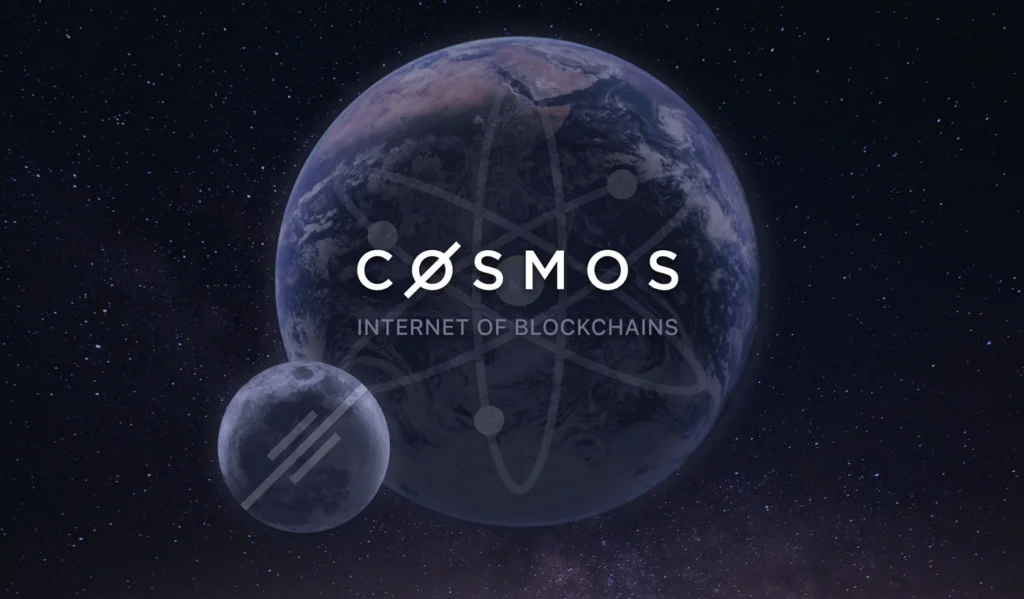The upgrade incorporates a liquid staking module, thereby removing the previously enforced 21-day locking period for unstaked ATOM tokens.

Cosmos Hub, a blockchain component of the Cosmos Network, has been upgraded to introduce a liquid staking module, allowing users to circumvent the previous 21-day unbonding period by unstaking ATOM ATOM funds.
The native token of the Cosmos network is ATOM. Prior to the upgrade, ATOM token holders were restricted from moving their funds for 21 days after unstaking the token.
The new module enables staked ATOM in the Cosmos decentralized finance (DeFi) ecosystem without jeopardizing staked yields.
Staking requires users to retain their tokens to validate transactions and secure a blockchain network.
Participants are compensated for their contributions, like earning interest on a savings account.
According to Cosmos validator Cryptocitos, the new module will release over $400 million worth of ATOM, accelerating the staked ATOM presence in Cosmos-based protocols. “The implementation of the liquid staking module means no more need to wait 21 days to unbond and no more choosing between Staking or DeFi,” Cryptocitos wrote on X (formerly Twitter).
Additionally, the new version permits holders to cancel existing unbondings, allowing ATOM to revert to regular staking and be used in the liquidity staking module.
The upgrade went live on September 12 at 15:00 UTC, block height 16985500, with the moniker Gaia 12.
The ATOM inflation rate will also likely be affected, Cryptocitos explained. “Right now, the bonded ratio for ATOM is 67.8%. As long as it’s above 66.67%, the inflation rate is slowly going down to a floor of 7% – currently it’s at 14.26%. The higher the bonded ratio goes, the faster the inflation rate goes down.”
The inflation rate falls at a quicker rate as the bond ratio rises.
In addition, there will be a 25% cap on the total quantity of ATOM that holders can liquid-stake.
In addition, Cosmos Hub disclosed the following measures taken to mitigate liquid staking risks:
“LSM introduces governance-controlled parameters, and as an additional security feature, validators who want to receive delegations from liquid staking providers would be required to self-bond a certain amount of ATOM.”
